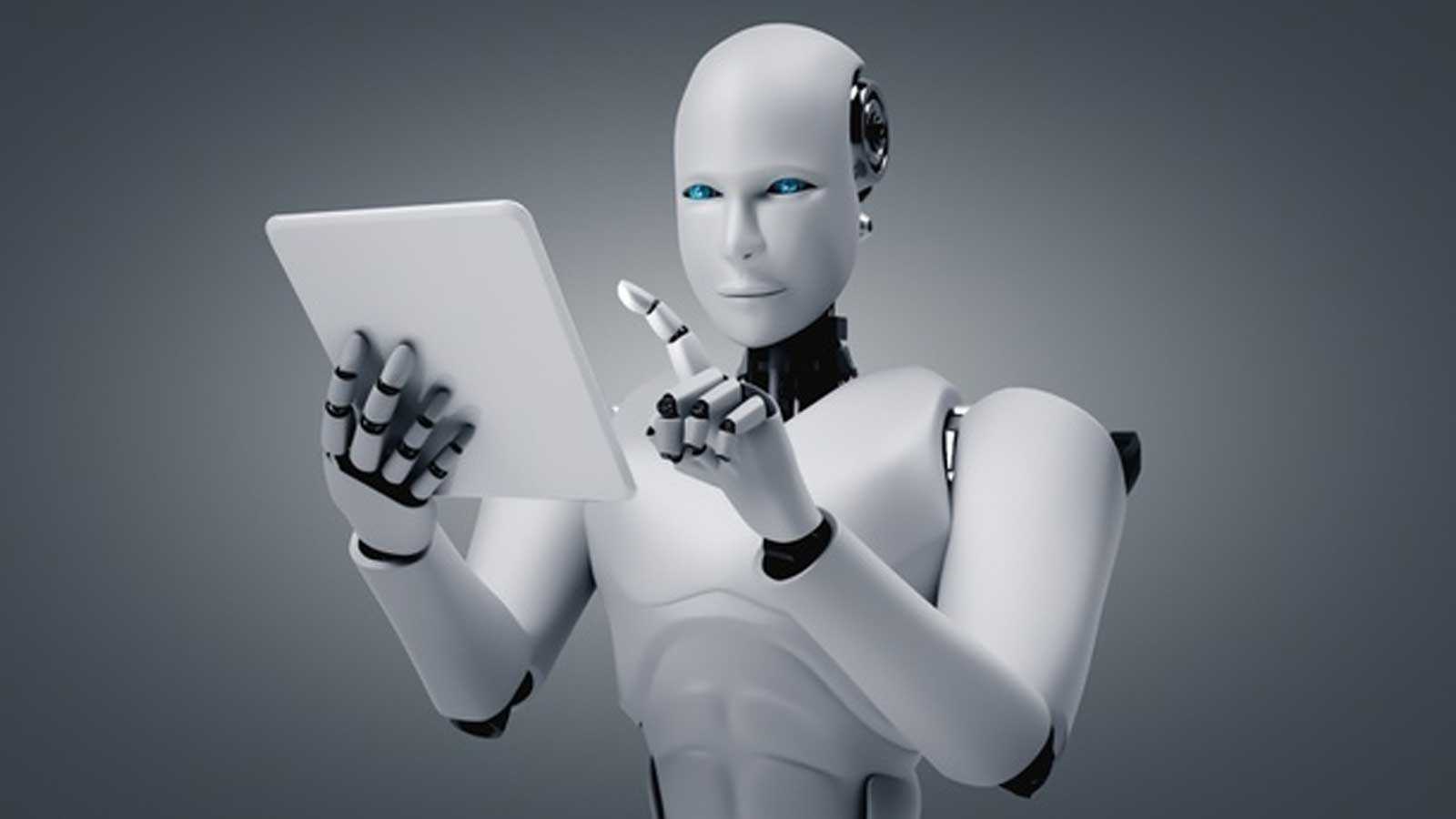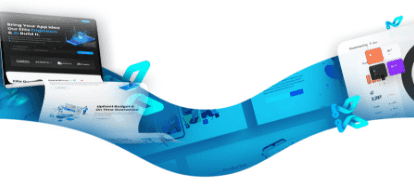
Artificial intelligence (AI) is revolutionizing how businesses manage their operations through Software as a Service (SaaS). Odoo, known for its integrated suite of business applications, is at the forefront of this technological transformation. The integration of AI into the Odoo ecosystem is shaping the future of SaaS, offering new capabilities and opportunities for businesses. This blog explores how AI is transforming the future of Odoo SaaS, highlighting emerging trends and their impact on the platform's evolution.
Understanding AI and Odoo SaaS
What is Artificial Intelligence? (AI)
Artificial intelligence (AI) refers to the simulation of human intelligence processes by machines, especially computer systems. These processes include learning, pattern recognition, and decision-making. AI relies on advanced techniques such as machine learning, natural language processing, and predictive algorithms.
Content: AI has the potential to transform business operations by automating routine tasks, providing advanced analytics, and personalizing user experiences. In the context of Odoo, AI can significantly enhance operational efficiency and the platform's adaptability to specific business needs. This is particularly valuable for small and medium-sized enterprises seeking to maximize the value of their technological investments.
What is Odoo SaaS?
Software as a Service (SaaS) is a cloud-based model where software applications are hosted by a service provider and accessed via the internet, rather than being installed locally on users' machines. Odoo SaaS offers a suite of integrated business applications, including modules for sales, accounting, inventory, project management, and human resources.
Content: Odoo SaaS simplifies business management by providing a comprehensive solution accessible from anywhere. The platform eliminates the need for costly local servers and systems, offering automatic updates and ongoing maintenance. The combination of SaaS and AI promises greater operational efficiency and customization, enhancing Odoo’s adaptability to evolving market demands.
Future Trends in AI and Odoo
ChatGPT Integration
Odoo has already integrated ChatGPT capabilities, allowing users to generate alternative text across apps. This integration is likely to expand and become more sophisticated.AI-Powered Website Builder The AI-driven website scraper and content generation tools in Odoo 17 may evolve further, offering even more advanced capabilities for creating and optimizing websites.Machine Learning for Business Intelligence Odoo's business intelligence module could incorporate more advanced machine learning algorithms to provide deeper insights and more accurate trend predictions.
Emerging AI Technologies
IoT Integration
Odoo may leverage AI to process and analyze data from Internet of Things (IoT) devices, enhancing its capabilities in areas like manufacturing and inventory management.
Voice-Activated ERP
Future versions of Odoo might include voice command functionality, allowing users to interact with the system through speech.
AI-Driven Customization
Odoo could use AI to automatically suggest customizations and configurations based on a company's industry, size, and specific needs, streamlining the implementation process.
Predictive Analytics and Decision-Making
Predictive analytics is another area where AI is impacting Odoo. By analyzing large volumes of historical and current data, AI predictive models can forecast future trends, identify opportunities, and anticipate risks.
Predictive analytics enables businesses to make more informed and proactive decisions. For example, AI can predict product demand based on purchasing trends and adjust production and marketing strategies accordingly. This helps businesses anticipate market changes and respond more effectively to fluctuations in demand.
Intelligent Process Automation
A key trend in the integration of AI with Odoo is intelligent process automation. AI can automate routine tasks such as data entry and inventory management through machine learning algorithms that continuously optimize and adjust processes based on historical and real-time data.
Intelligent automation not only saves time and reduces operational costs but also minimizes human error and improves accuracy. For example, AI can manage inventory levels by analyzing demand patterns and automatically adjusting purchase orders accordingly. This allows businesses to focus on strategic activities rather than repetitive tasks.
The integration of artificial intelligence into Odoo SaaS is ushering in a new era of business management. Emerging trends such as intelligent process automation, data-driven personalization, and predictive analytics are transforming how businesses use Odoo to enhance efficiency and make informed decisions. As AI technology continues to evolve, its role in Odoo SaaS will only become more significant, providing businesses with more advanced tools to tackle future challenges.


